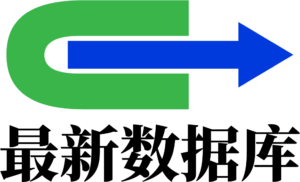In today’s world, overloaded not only with information but also with possibilities, many of us feel pain and frustration resulting from the fact that we take on more and more responsibilities. Even worse, we do it even though no one is asking us to.
In this way, multitasking becomes a habit that blocks us from achieving not only personal but also business goals.
So why do we still multitask? Zheng Wang, who conducts research at Ohio State, claims that this is due to habitual needs. In a situation where we often fall into multitasking, we get more and more used to it.
Have you ever seen a juggler in a circus who has all the balls in the air at the same time, checks his email at the same time, replies to messages from friends on social media, and maybe even drinks coffee at the same time?
A similar opinion is shared by Clifford Nass from Stanford University, who emphasizes that the more we use multitasking, the harder it is for us to free ourselves from it. Thus we lose the ability to focus on one thing .
This skill, according to experts, is crucial when it comes to improving our efficiency.
Unfortunately, more and more people believe that by doing more things at once, they will achieve their goal faster, or even several of them. Surroutime to Database makended by several computer monitors, constantly chasing the time that is always missing, they fall into a trap that has already become a modern lifestyle.
Here are some proofs to bust the myth of multitasking and change your habits.
Download the free Skip It eBook
Subscribe to the newsletter and receive a free e-book. It is over 200 pages of practical advice and proven productivity improvement techniques for everyone who wants to improve the efficiency of their activities
“ Skip It ” is a proven productivity system that will help you achieve much more by doing less. The best players and coaches in the country also share their advice.
Why You Should Quit Multitasking?
- The brain takes four times as long to assimilate and learn new things. Constantly focusing and switching between new tasks means that you don’t actually gain time, but lose it.
- Harvard Business Review research has shown that employees who do their tasks one after the other achieve 52% better results than those who choose to do many things at the same time.
- Multitasking makes it much harder to see the big picture. Researchers have found that multitasking causes congestion in the prefrontal cortex of the brain, the part of the brain responsible for task management. As a result, an overloaded brain has trouble gaining a broader perspective.
- Research at Ohio State has shown that multitasking does not meet our cognitive needs.
- The American neuroscientist Russell Poldrack discovered in his 2006 study that what we learn when we multitask is not as beneficial to a India Lead us us as the things we learn individually. The knowledge gained through multitasking was not as flexible, and those using








